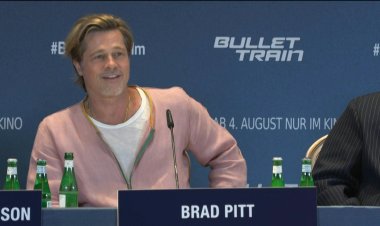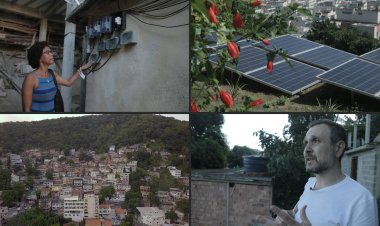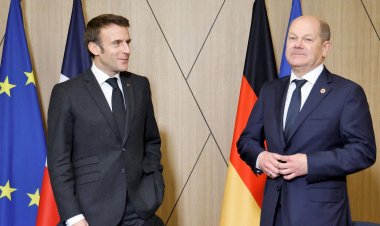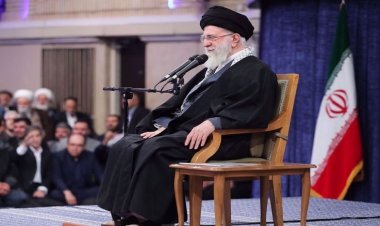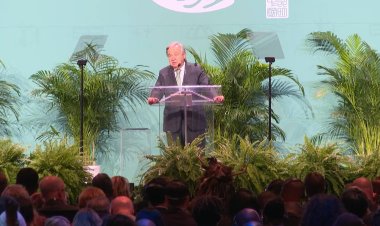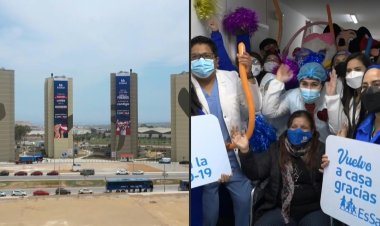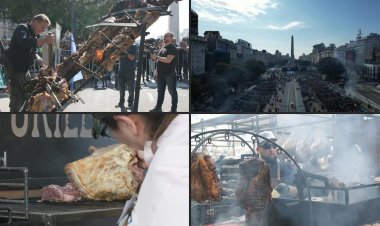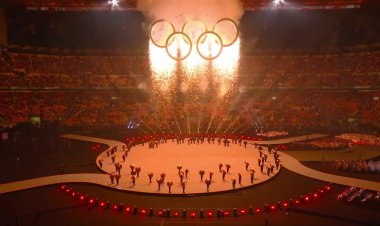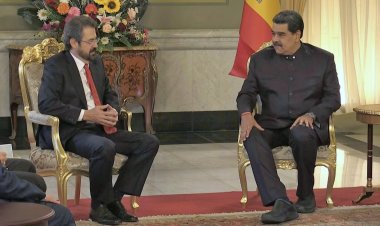EU leader seeks to finalize Mercosur trade deal
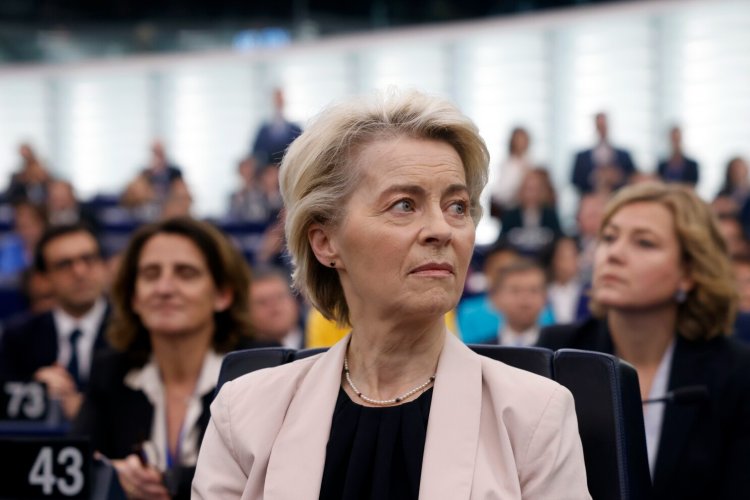
European Commission President Ursula von der Leyen landed in Uruguay seeking to finalize a long-delayed trade deal between the European Union and South America's Mercosur bloc, even as France slammed the agreement as unacceptable.
Von der Leyen walked into Uruguay's presidency building where she met with president Luis Lacalle Pou. In a message posted on X shortly after her visit, the leader said "Uruguay has always been a trusted, like-minded friend," and highlighted its importance as "key hub for trade and investment in Mercosur."
The deal, 20 years in the making and deeply divisive in Europe where farmers and Paris have been the loudest voice in opposition, would create one of the world's largest trade partnerships and turbocharge the flow of beef and grains.
Four South American and European sources involved in the talks said the deal was done and would be announced by Mercosur leaders and von der Leyen now both sides had ironed out final details on environmental issues and government purchases.
Von der Leyen, just days into her second term, does face stern opposition at home to the deal, which would be the largest struck by the EU in terms of tariff reductions. EU countries as a whole and the European Parliament would have to approve any trade deal agreed.
European farmers have repeatedly protested against it, saying it will lead to cheap imports of South American commodities, notably beef, which is not subject to the same green and food safety standards as in the EU.
In the last stretch of the negotiations, the Europeans were pushing for the introduction of environmental standards in the agreement as well as a commitment of the Mercosur countries to anti-deforestation.
France is fiercely opposed to the agreement, which aims to create a free trade area between the Mercosur countries – Argentina, Brazil, Paraguay, and Uruguay – and the EU, but with its attention elsewhere, von der Leyen seems keen to press ahead to unblock negotiations which have been going on for almost two decades.




